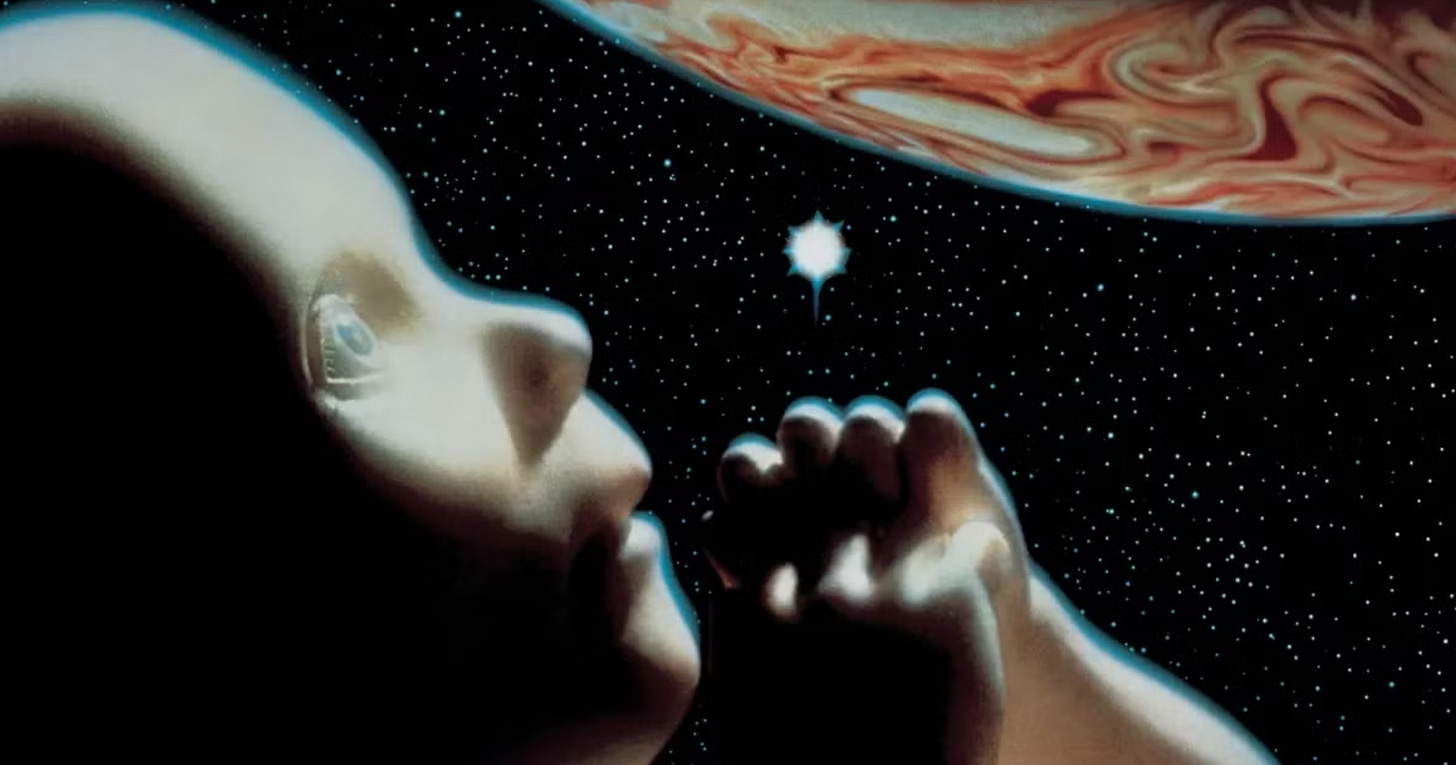Matt Yglesias says we have a lack of dads who write about being dads, especially compared to the number of moms who write about being moms:
He’s not wrong. I’m doing what I can to speak into the void…
Speaking of which: I’m starting to plan book events, both online and in person. If you have a bookstore or book club or church or nonprofit or community center or book club that could use some discussion of father issues, let me know.
The Father You Get is now available for pre-order on Audible (at 30% off!), and that is because I will soon be recording an audiobook. Did you know authors have to audition to be the voice for their own books, even when it’s a memoir? I had to, in any event, and I got the gig!
I’ll be spending 3 or 4 days in a recording booth in Austin later this summer, and I’ve been thinking about how to do this well. If you have favorite audiobooks—more because of the narrator than the book itself—I want to know about them.
My favorite audiobook of recent years is Poverty, By America by Matthew Desmond, which is narrated by the inimitable Dion Graham for the audio version. I’ve also read the book in print. Both versions are electric, but the audiobook is super-charged. You can hear Graham getting angry as he reads, which is the appropriate response to Poverty, By America.
I’ve used the word “favorite” three (ok, four) times so far in this post, and every time I type it out, my computer autocorrects the word to “Henry.” That’s my son’s name, and three or four years ago, he set up both my computer and my phone to autocorrect “favorite” to “Henry.” Super annoying, but I love it. (You never realize how much you use a certain word until you have to retype it every single time you use it.) I could fix it, but I probably never will.
Henry, for the record, really is my Henry child. But so are Bel and Lou. A dad can have multiple Henrys.
Maybe there isn’t enough writing about being a dad, but there are plenty of memoirs about having dads, especially by folks who had bad dads and needed to work it out by writing it out. Tara Westover’s Educated is that kind of memoir, in large part. Two of my Henry bad dad memoirs are Small Fry by Lisa Brennan-Jobs, the daughter of Steve Jobs, and Blankets by Craig Thompson, which is also one of the most searing graphic novels I’ve ever read:
Thompson published Blankets in 2003, and it’s more or less canon in the graphic novel world. This year, he published a follow-up memoir called Ginseng Roots, which includes incredible scenes of him talking to his parents about how Blankets made them feel. Those scenes made my skin crawl with recognition—talking to your family about the way you write about your family is really tricky, especially when you’re trying to be honest about your family.
I miss my mom terribly, but I don’t know that I could have written about our family if she were still alive. Or perhaps I could have, but the book would be different because I would have asked her to be my first editor. Tricky as it would be, I’d love to know how Mom would have edited it.
When Ocean Vuong’s mother died, he became a kind of father to his younger brother. (My sister can relate.) Vuong’s photographic essay is not to be missed.
The best thing I read this week is Ursula Le Guin’s old essay “The Carrier Bag Theory of Fiction.” Old, but new to me, thanks to my friend Greg. She basically argues that the whole “hero’s journey” theory popularized by Joseph Campbell— which, among other things, gave rise to Star Wars—is hogwash. Le Guin argues that we are gatherers before we are hunters, and that the key implement of human evolution is not a long tool—spear, axe, arrow—but a bag for carrying the things we need to sustain life.
Part of what's wonderful about that essay is this shade she throws at Stanley Kubrick’s 2001: A Space Odyssey:
Where is that wonderful, big, long, hard thing, a bone, I believe, that the Ape Man first bashed somebody with in the movie and then, grunting with ecstasy at having achieved the first proper murder, flung up into the sky, and whirling there it became a space ship thrusting its way into the cosmos to fertilize it and produce at the end of the movie a lovely fetus, a boy of course, drifting around the Milky Way without (oddly enough) any womb, any matrix at all? I don't know. I don't even care.
I love 2001, but as a man infected with man-ness, I'll confess I'd never considered just how much that movie centers not just men but patriarchy, to the point that the ultimate baby can be born without the aid of a woman!
The manosphere isn't a just an online phenomenon. It's a zeitgeist.
Discussion about this post
No posts







Wow! So much here to love, to inspire, and to ponder. Thank you for sharing your reflections. They are life giving.